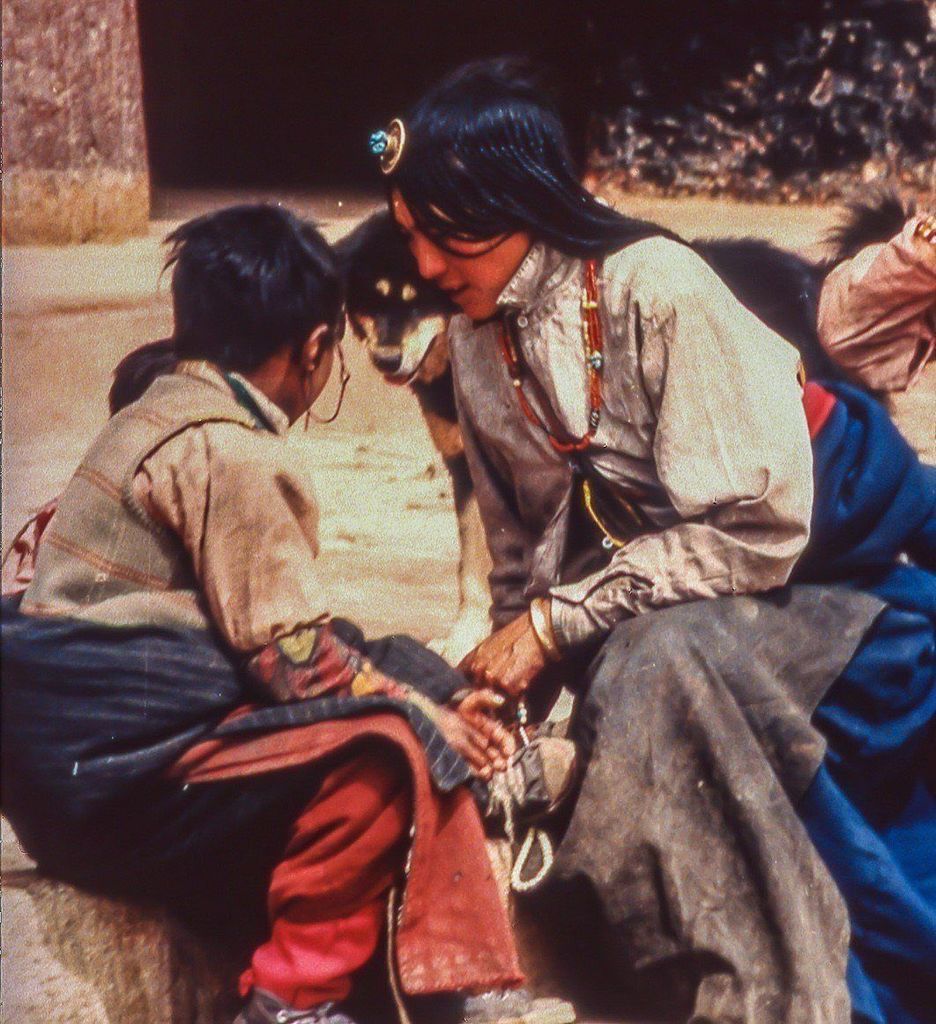Climate ART: Bright Spots of the Good Anthropocene

Simon Divecha, an associate editor with ARJ and I were listening to overlapping podcasts recently. We found out while chatting about the anthropocene over zoom, (as one does these days). The term “Anthropocene” names the current era for the ways in which human activity has had an outsize influence on climate and the environment. We were struck by talk of “bright spots” and “good anthropocene.” Those are unusual words when talking about eco-social crisis. Also very encouraging.
We heard these words from Dr. Karen O’Brien in a podcast interview with Terry Patten. Karen, a climate researcher, was also part of the the ARJ editorial call to fellow ARTists encouraging more transformative research. “A lot is actually happening,” said Karen! “We just don’t hear about it in mainstream media. Yet.”
What caught my, Hilary’s, attention is how Karen and Terry then start to talk about action researchers becoming more self aware and how important that may be for having more bright spots appear.
Terry Patten: “How can action research become self aware with everyone learning from one another better?” asks Terry. “What are the examples that come to mind for better?… so we’re not putting knowledge into action later but iterating as we go and learning from each other?”
Karen O’Brien responds: “There is a whole field of Action Research and a network of AR led by Hilary Bradbury that is going beyond research as usual and [suggesting] that we have to come in self aware. There is more emphasis on co-design and co production of knowledge. We don’t stay in our heads and deliver knowledge to power. That’s shifting. We are not separate. We are always connected in an entangled system. So be self aware about it.”
Karen continues: “You start to see bright spots of the good Anthropocene. The question is not do you believe in the science of climate change but how do we create a thriving world, deliberatively and consciously. Many more people are involved than we actually may think…”
In his listening, Simon had been been thinking what climate and covid-19 emergencies have in common. Reflexivity seems central.
Terry asks about the community of people who are likely to be listening (that’s us!) and “… going through, maybe, multiple profound shifts, even in our way of being. The whole picture isn’t going to change without us changing too. I need to challenge myself, challenge my assumptions. What can you tell me that might help me show up better?
Karen responds: “I can really relate to that. There are so many people who are really feeling it and hurting. I think we all have to really occupy a new paradigm and show what it is to actually live to these ideals…To be able to be teachers, healers, to be the ones that can, through very gentle actions, help people to move when they’re ready is like being an attractor. A lot of people are opening up. If you’ve ever had a crisis where your worldview no longer works, you know about such shifts!
How do we empower people to see the transformations that are right in front of us?
We ask how do we empower people to co-create more ARTistic bright-spots!
Listen in Terry Patten’s State of Emergence podcast interviews here or watch the Collective Trauma Summit interview and/or read it here with some of Simon’s annotations. Thanks Simon!
- Three stories we did not tell about NGO-Community Collaboration in Uganda - April 18, 2024
- Podcast on PAR Peacebuilding in Colombia - April 15, 2024
- Julian Hauer’s Workshop– thinking wider and deeper - April 15, 2024
